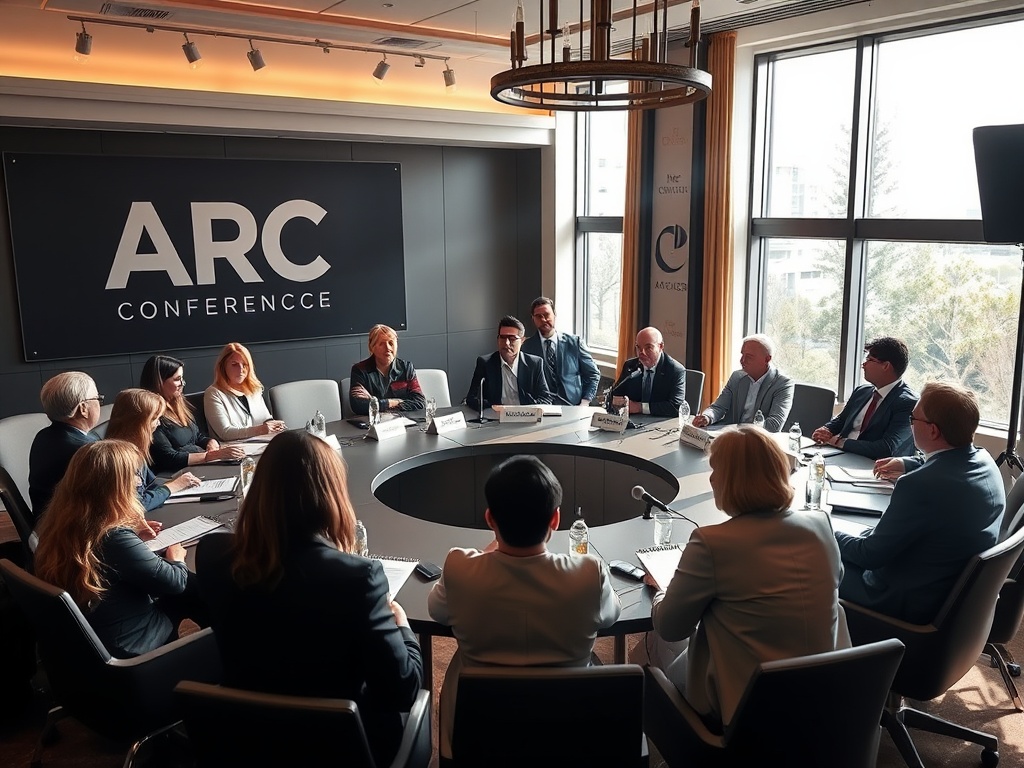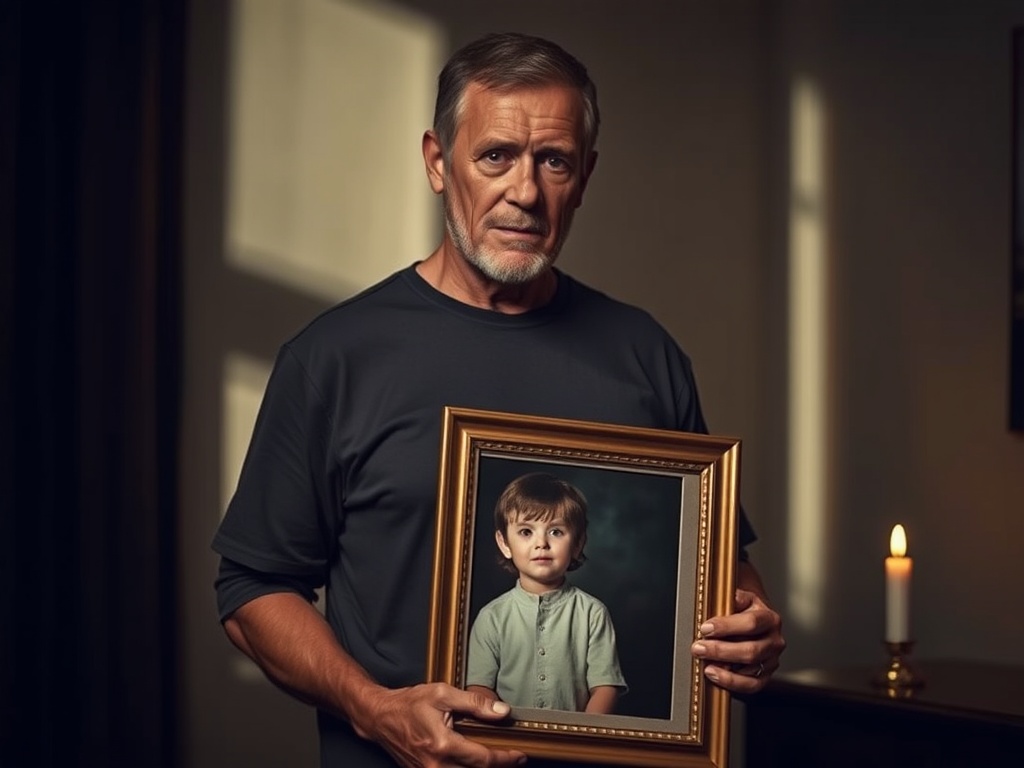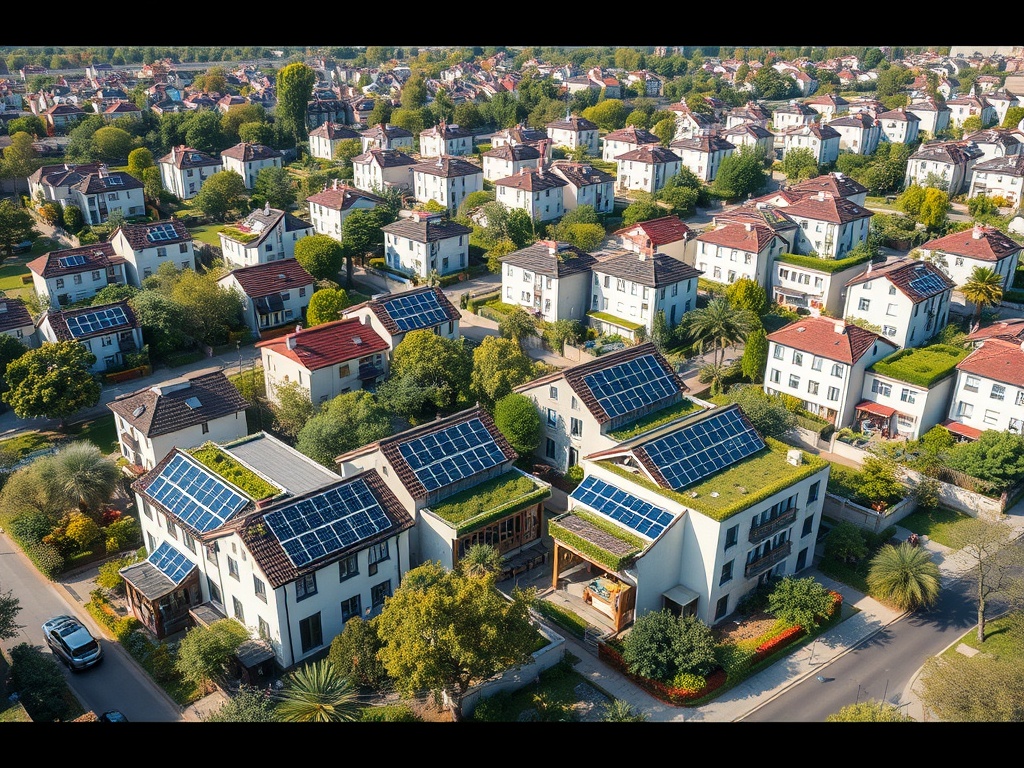The Alliance for Responsible Citizenship: A New Political Frontier

The Alliance for Responsible Citizenship (ARC) is a burgeoning international centre-right political organization, spearheaded by the notable Canadian psychologist and political commentator, Jordan Peterson. Recently, Peterson’s initiative made waves as it hosted a conference at the Excel Centre in East London, bringing together a diverse array of individuals, including notable figures such as Nigel Farage, the leader of Reform UK.
On the second day of the conference, the atmosphere was charged with anticipation as Farage was invited to engage in a conversation with Peterson about grand ideas—ideas that resonate with a capital “I.” Peterson, known for his directness, wasted no time in diving into the deep end of the discussion, eschewing small talk and promptly launching into an impassioned two-minute monologue critiquing net-zero policies. He articulated his belief that the environmentalist movement is rooted in a pessimistic worldview, describing it as a “climate scam” that stems from “Malthusian stupidity,” which he claims fundamentally harbors an anti-human sentiment.
As Peterson finally paused for breath, he posed an almost rhetorical question to Farage: “How appalling is it?” Farage, greeted by applause from the audience, responded with his characteristic charm, sharing anecdotes that reflected his understanding of the crowd’s sensibilities. He recounted a conversation with the late astronomer Sir Patrick Moore, suggesting that natural phenomena, such as sunspot activity and volcanic eruptions, contribute more to carbon emissions than human activity. This assertion resonated with those in the hall familiar with Moore, offering a moment of levity amidst a complex discussion.
The dialogue between Peterson and Farage was marked by a stark contrast in their presentation styles. Peterson, donning a gaudy wide tie and a pinstripe suit, might easily fit into a MAGA convention, while Farage’s down-to-earth demeanor and plain English approach provided a grounding presence. Peterson’s brand of populism earned applause within the venue, yet it risked inciting discomfort outside, reminiscent of an earnest sermon delivered on a crowded commuter bus—perhaps a case of “wrong time, wrong place.”
Highfalutin Ideas at the ARC Conference
Throughout the ARC conference, delegates—many of whom appeared jet-lagged from their travels—were treated to a series of high-minded discussions. On the opening day, Conservative leader Kemi Badenoch stirred the pot by suggesting that the survival of Western civilization might hinge on the Tory party’s success. Following this trend, Peterson introduced a series of academic concepts during his dialogue on family values and societal structure.
He proposed a “circle of tolerance” as an a priori axiom, coupled with a call for commitment to “long-term stable, monogamous heterosexual child-centered marriages.” In contrast, Farage, who prides himself on his ability to communicate effectively with the public, provided a humorous moment when he quipped, “I may not necessarily be the best advocate for monogamous heterosexuality,” before clarifying that his two divorces have made him acutely aware of the challenges associated with stable marriages. This candid admission drew chuckles from the audience, who were eager for a punchy headline.
Despite the initial glimmer of scandal, Farage concluded his thoughts by emphasizing the importance of family and the need for renewed optimism in the UK. “Of course, family matters enormously. We need higher birth rates, but we won’t achieve that until we foster a sense of optimism,” he asserted. He criticized the current Chancellor, Rachel Reeves, for her “declinist” attitude, arguing that a shift in national spirit is essential for the country’s progress. “We had that spirit in the late 1980s and much of the 1990s; it’s something we must recapture,” he declared, suggesting that a revitalization of morale would naturally lead to increased family growth.
Peterson has become emblematic of a wave of North American right-wing thinkers, such as JD Vance, who assert that the UK and Europe are succumbing to leftist ideologies that inhibit free speech. Their influence is palpable, notably in discussions surrounding workplace diversity, equity, and inclusion policies—a testament to the transatlantic exchange of political ideas. However, these discussions often come bundled with controversial notions, including the push for higher birth rates, a theme echoed by figures like Elon Musk, who seems intent on single-handedly repopulating the world, one child at a time.
The allure of these ideas raises a pertinent question: Do the British genuinely wish to adopt this American model? In a Republican America, women face a dichotomy of expectations—either embodying the polished power players of Washington, DC, or embracing a more traditional role reminiscent of Little House on the Prairie. The ARC conference serves as a prelude to the larger right-wing discourse that will soon migrate to Washington, DC, where the Conservative Political Action Conference (CPAC) is set to showcase prominent Republican voices, including Donald Trump and even the actor who portrayed Superman in the ’90s.
For Farage, the transition from London’s conference to the MAGA-friendly atmosphere of Washington represents an opportunity to solidify his position within the ideological landscape. As he prepares to share the stage with Trump, he aims to illustrate to both the Labour Government and British voters where the future of political thought and discourse truly lies.




